
Copernical Team
Watch live: ESA astronaut Samantha Cristoforetti calls International Astronautical Congress from space
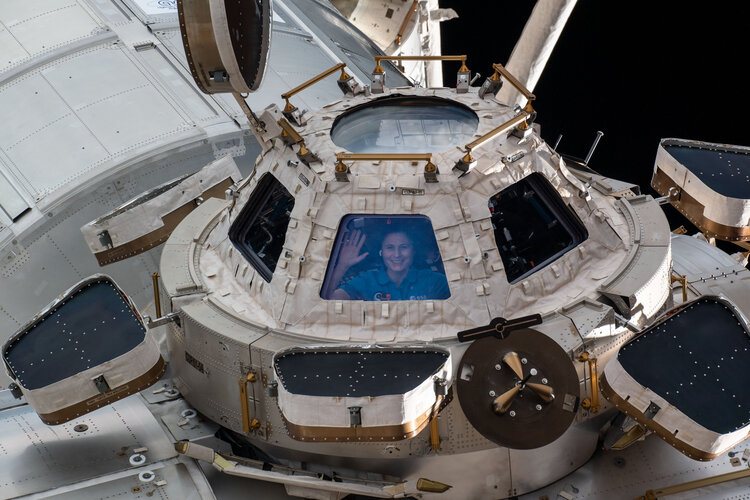
Invent tomorrow’s driving with NAVISP
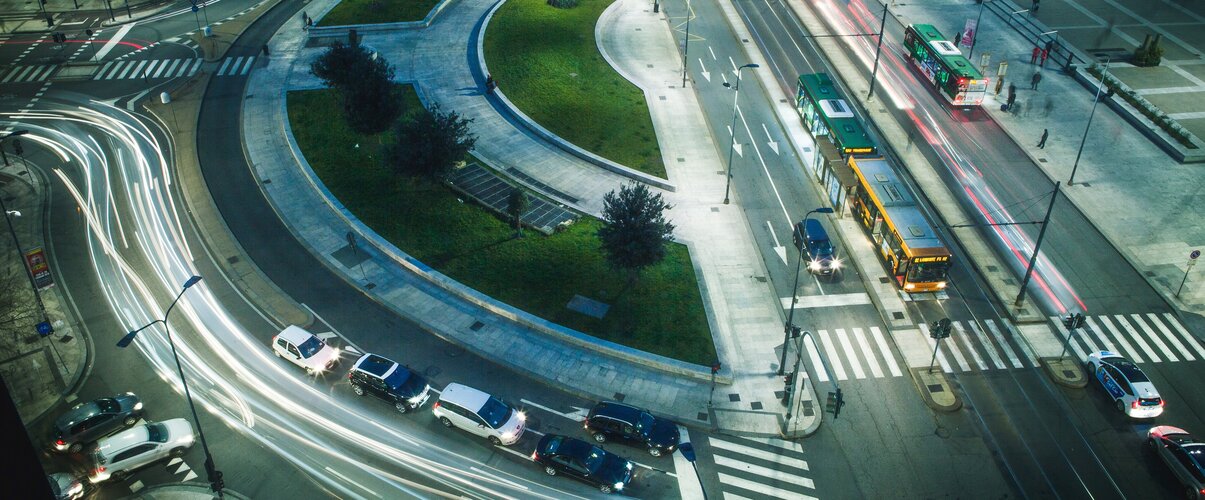
The way we drive is evolving rapidly, trending towards progressively more automated vehicles and smarter road infrastructure. ESA’s NAVISP programme, in cooperation with new partner ERTICO-ITS, the organisation for intelligent transport systems in Europe, invites ideas from European industry, institutions and research institutes to support this trend through the provision of ‘positioning, navigation and timing’ (PNT) information to let vehicles know exactly where and when they are as they drive.
New exoplanet detection program for citizen scientists
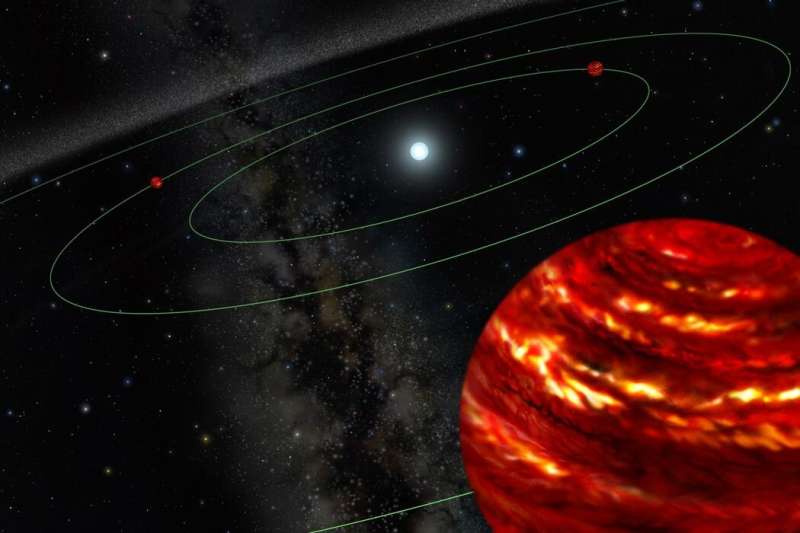
The SETI Institute and its partner Unistellar are launching a new exoplanet detection program that will engage citizen scientists worldwide. Amateur astronomers, using either Unistellar's eVscope or another telescope, will be invited to help confirm exoplanet candidates identified by NASA's Transiting Exoplanet Survey Satellite (TESS) by observing possible exoplanet transits from Earth.
Most known exoplanets have been detected using the transit method, most notably by the Kepler Mission and now TESS. A transit is when a planet passes between its star and the observer, who will see the star dimming as the planet orbits. The demand for follow-up observations of transiting exoplanets is greater than ever. There are currently more than 5,100 confirmed exoplanets, with thousands more detections to be confirmed. This program will focus its efforts on exo-Jupiters detected by those NASA missions.
Some estimates suggest that TESS will identify more than 10,000 exoplanet candidates.
Undergrad publishes theory on immune dysfunction in space
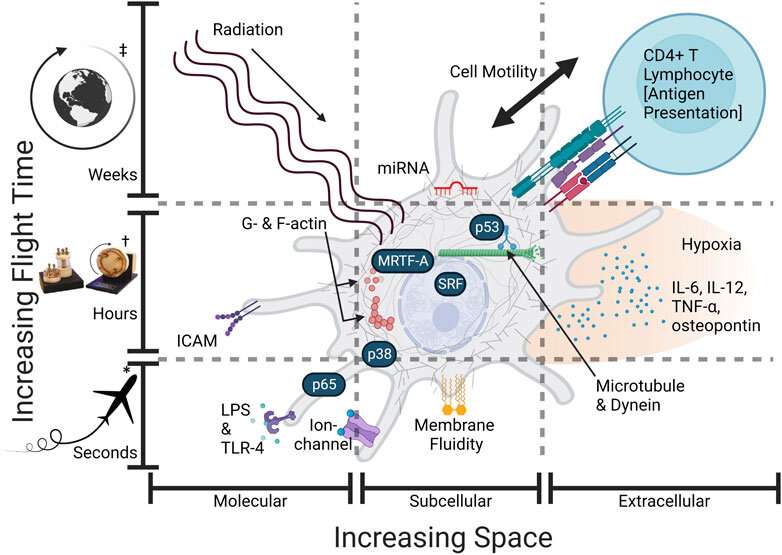
It's been known for decades that though astronauts' immune systems become suppressed in space, leaving them vulnerable to disease, the exact mechanisms of immune dysfunction have remained a mystery. Now a Cornell undergraduate has found a potential solution.
A biological and mechanical engineering double major in the College of Engineering, Rocky An published his theory, "MRTF May be the Missing Link in a Multiscale Mechanobiology Approach toward Macrophage Dysfunction in Space," Sept. 12 in Frontiers in Cell and Developmental Biology.
An reviewed the last 20 years of literature on the behavior of macrophages—key cells in the body's immune response—in space and recent research about how macrophages respond to forces in normal gravity, identifying a transcription factor that could prove to be the missing piece of the puzzle.
"I just kept asking questions about how the data is presented," An said. "There are these two really important papers, in particular, one a review of how macrophages are suppressed in microgravity, and another about the mechanobiology of macrophages.
NASA gears up for Artemis I tanking test for shot to launch next week
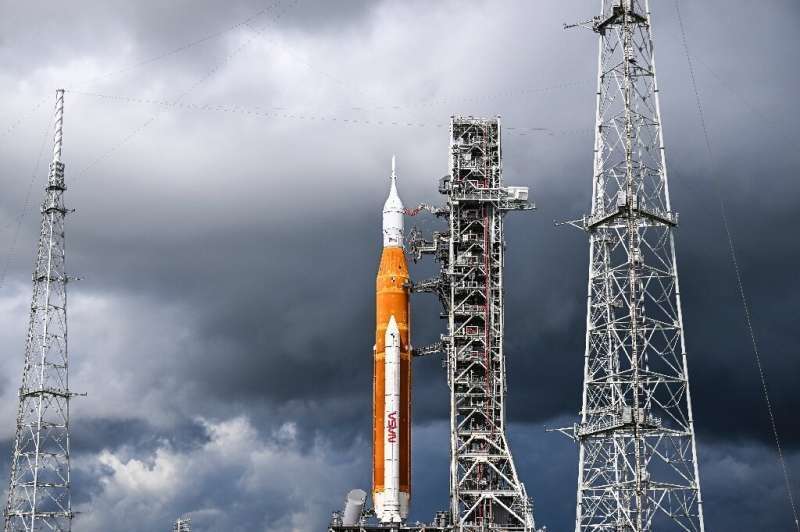
The fixes have been addressed, so now it's time to add some stress to ensure NASA's Artemis I mission success.
NASA says it has repaired fuel lines running from the mobile launcher into the Space Launch System rocket at Kennedy Space Center's Launch Pad 39-B in the last week. Now, it will run through a full propellant load, targeting 7:15 a.m. Eastern time Wednesday as part of a test that could give the space agency a shot to launch as early as Sept. 27 to send the Orion spacecraft on a multiweek mission to orbit the moon.
Artemis I is an uncrewed flight that will push the extremes of the capsule sending it farther out beyond the moon and bring it back home to Earth faster than any other previous human-rated spacecraft to make sure it will be safe for astronauts on future Artemis missions.
Getting SLS and Orion off the ground, though, has proved difficult, with a variety of problems surfacing during two previous launch attempts. The most recent involved a large leak of the cryogenic liquid hydrogen on one of the supply lines.
Valery Polyakov, took longest single trip to space, dies

United Arab Emirates to launch first lunar rover in November
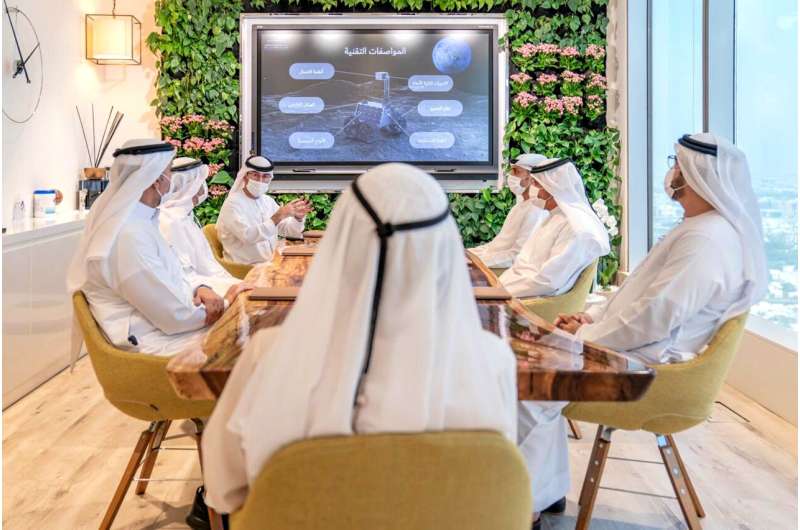
IAC 2022 - ESA DG and Directors meet the press
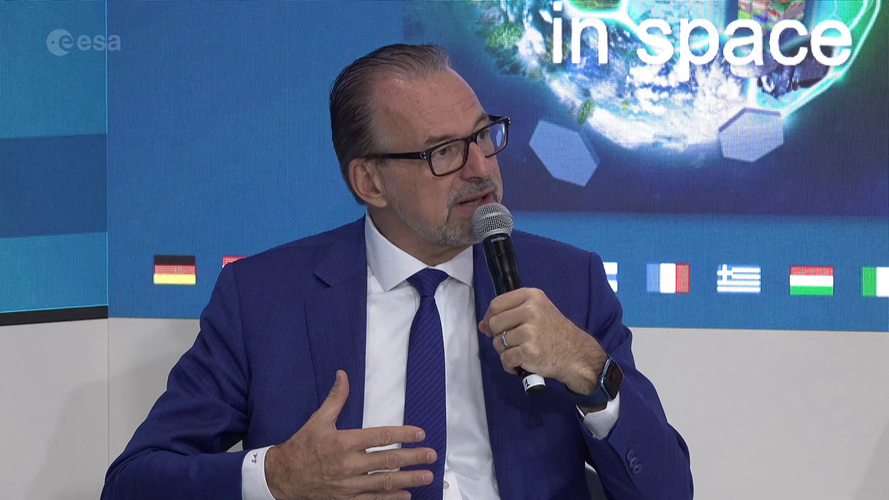 Video:
00:40:00
Video:
00:40:00
The world's largest global space event takes place in Paris from 18 to 22 September 2022 and ESA, of course, will be there!
Watch the replay of the first live coming from the International Astronautical Congress with the ESA Director General and several Directors talking to the press. They will answer questions from journalists while focusing on ESA’s strategy, Agenda 2025 and the ambitious package that will be put forward at the ESA Ministerial Council in November.
Mars is mighty in first Webb observations of Red Planet
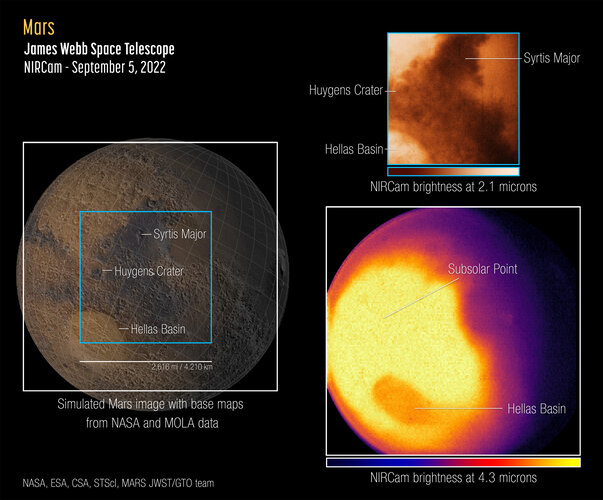
The James Webb Space Telescope captured its first images and spectra of Mars on 5 September 2022. The telescope, an international collaboration between NASA, ESA and the Canadian Space Agency, provides a unique perspective with its infrared sensitivity on our neighbouring planet, complementing data being collected by orbiters, rovers, and other telescopes.
Lockheed Martin delivers its highest powered laser to date to US Department Of Defense
 Lockheed Martin (NYSE: LMT) delivered to the Office of the Under Secretary of Defense for Research and Engineering OUSD (R&E) a new benchmark: a tactically-relevant electric 300 kW-class laser, the most powerful laser that Lockheed Martin has produced to date. This 300 kW-class laser is ready to integrate with the DOD demonstration efforts including the U.S. Army's Indirect Fires Protection Capa
Lockheed Martin (NYSE: LMT) delivered to the Office of the Under Secretary of Defense for Research and Engineering OUSD (R&E) a new benchmark: a tactically-relevant electric 300 kW-class laser, the most powerful laser that Lockheed Martin has produced to date. This 300 kW-class laser is ready to integrate with the DOD demonstration efforts including the U.S. Army's Indirect Fires Protection Capa 